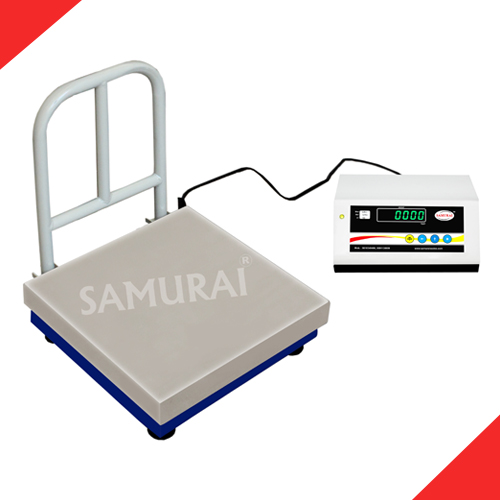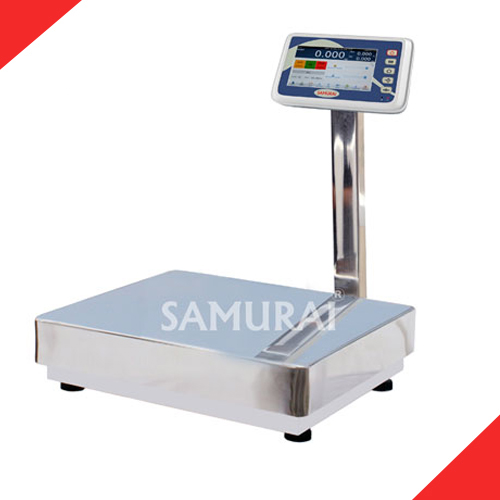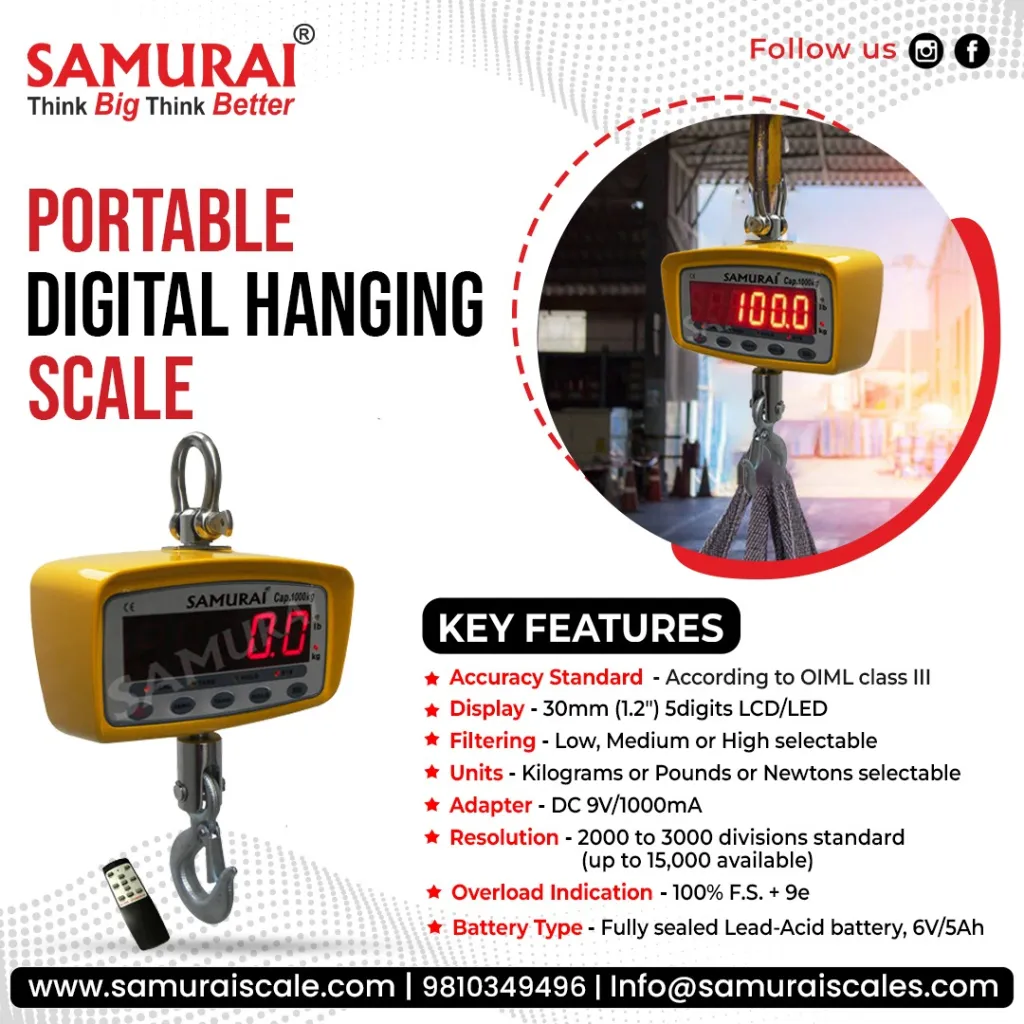A Weighing Balance
A weighing balance is an instrument that is used to balance any unknown mass against a known mass, as with a two-pan assay balance. Different types of balance are Microbalances, analytical balance, and precision balances. They use a force restoration mechanism for creating force to balance the force because of the unknown mass. More sophisticated than scale, balances are used by experts for modern scientific weighing in universities, science laboratories, medical facilities, and research and development-related environments.

Types of Balances
Choose different types of balances for accurate and precise mass measurements in scientific, professional, educational, and commercial settings.
- Precision Balances
- Analytical Balances
- Industrial Precision Balances
- Portable Balances
- Micro and Semi-Micro Balances
A Weighing Scale
Historically, weighing scales are measuring devices to determine the weight or mass of an object. Generally, use springs or strain gauge load cells, modern weighing scales are used in commercial and industrial sectors. Different types of weighing scales are mechanical scales, counting scales, digital scales, and crane scales. When compared with a weighing balance, scales are less sophisticated and are used in different industries such as health, food to weigh ingredients and monitor personal health in gyms or at home. They are also used to check weighing or stocktaking procedures for businesses.

A vast range of weighing scales covers virtually all applications. Look at the most popular or your most appropriate weighing scale categories.
- Food Scales
- Bench/Platform Scales
- Health Scales
- General Scales
- Pocket Scales
- Coin Counting Scales
How to Choose Balance or Scale
Balances and scales are vital forms of scientific equipment that can be used in diverse environments. You are now aware of the difference between the two, it is important to consider certain things before choosing weighing balance or weighing scales. Before choosing any one of them, check the following:
- Capacity (check the weight capacity to ensure it is good for your items).
- Readability (balances often offer better readability than scales).
- Cost (Balances are generally more expensive than scales).
- Application (additional features are suitable for the job at hand).
Keep in mind the above buying guide and the differences between weighing balance and scale to choose the right equipment that can meet your requirements efficiently.




